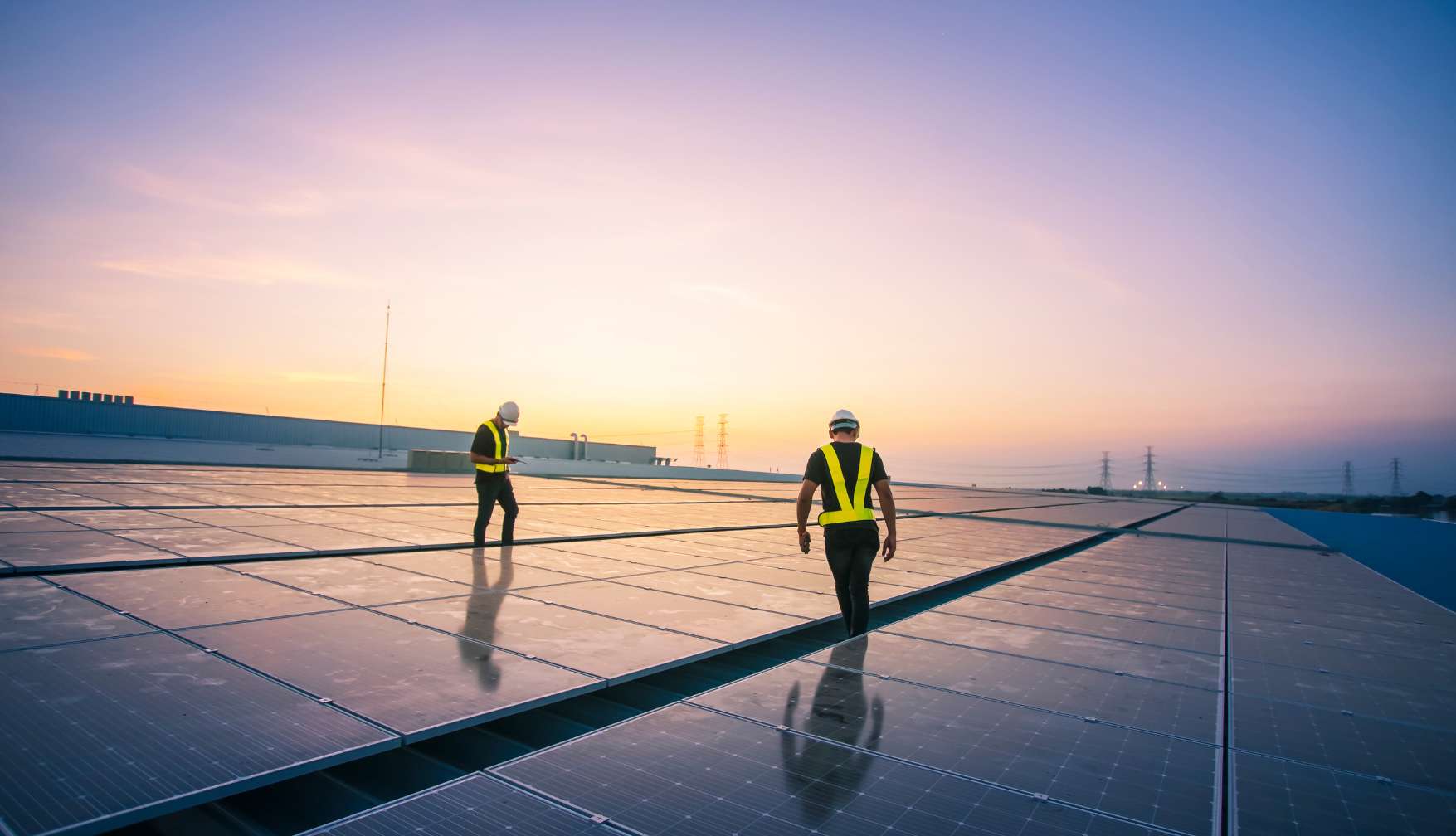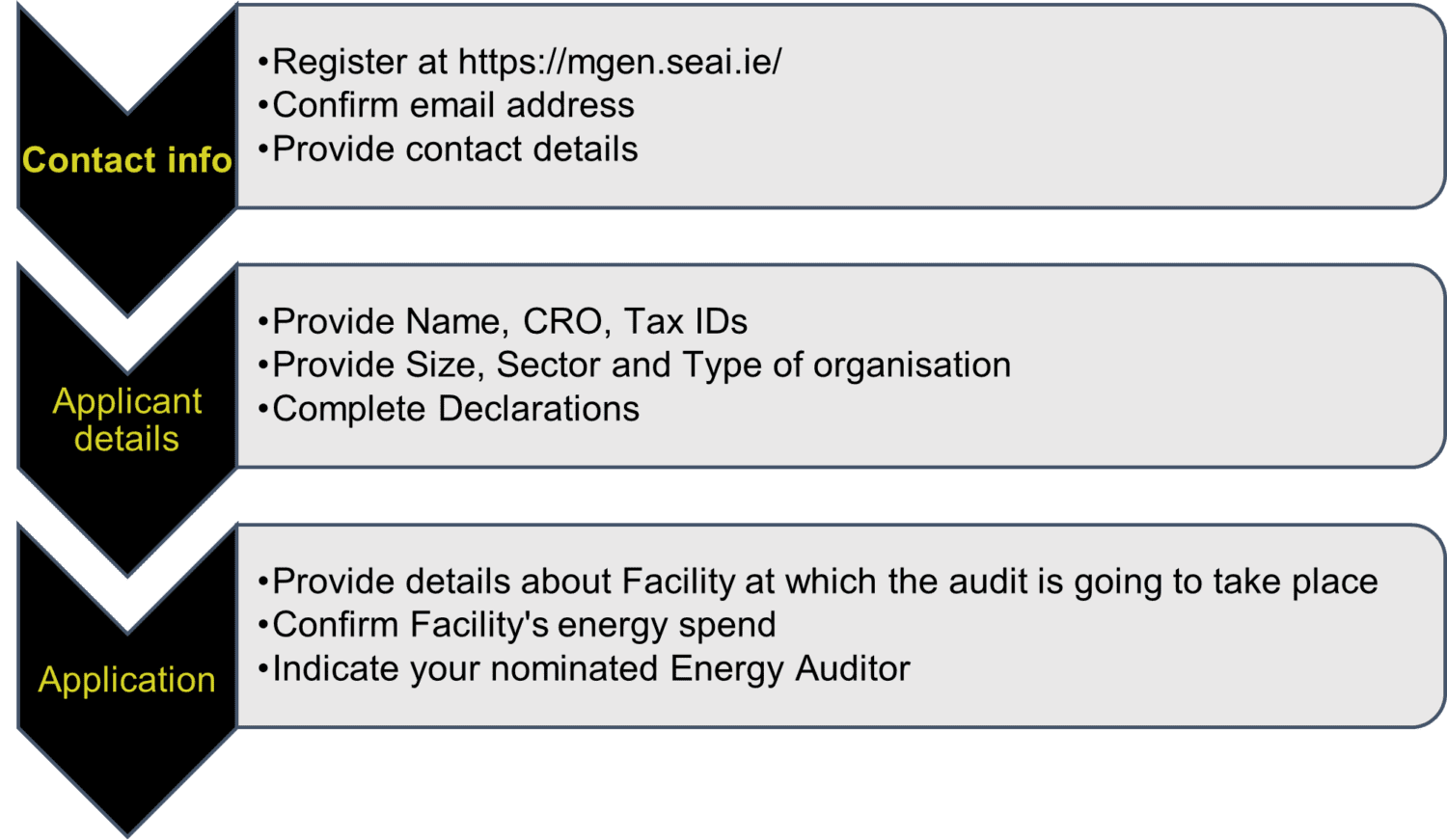Energy Audits

How energy audits can help reduce energy costs of SME’s by understanding consumption through Energy Audits.
The energy sector has experienced an increase in fuel costs across the board in the last 12 months, which has prompted a lot of business to reevaluate their energy use to find ways to reduce energy costs.
The SEAI has recently launched the Support Scheme for Energy Audits (SSEA) that allows small and medium-sized enterprises (SME’s) to employ an energy auditor to conduct an energy audit on their business. A voucher to the value of €2,000 is made available to successful applicants, which will cover the majority of costs associated with the audit.
What is an energy audit?
An energy audit is a thorough and systematic review of a company’s energy consumption, investigating all energy users to determine appropriate improvements which often deliver immediate cost savings. A report is constructed to deliver the findings and provide recommendations on the most effective ways to save money on energy bills. Energy efficiency is our first renewable fuel, and an energy audit is the first step to energy efficiency.
Supports available to SME’s.
SME’s with moderate (less than €10k) energy spend can consider the SEAI Introduction to Energy Management Training available at: https://www.seai.ie/business-and-public-sector/small-and-medium-business/supports/.
If your business spends more than €10,000 per year on energy bills, then an energy audit is recommended because of the substantial benefits it can bring. SME’s with an energy spend of over €10k may be eligible for the SEAI SSEA. The SSEA scheme offers a €2,000 voucher to SME’s to cover costs of an energy audit.
Eligibility for SSEA Scheme:
- non-obligated entities
- tax compliant
- registered in the Republic of Ireland
- spend at least €10,000 on energy (exclusive of transport energy costs) per year at the site being audited
- There is a limit of 1 audit voucher per Applicant/Company
For more information on the SSEA scheme or to put forward an application, please see the following: https://www.seai.ie/business-and-public-sector/small-and-medium-business/supports/energy-audits/
* Non-obligated entities are organisations that do not have to complete an energy audit under Article 8 of the Energy Efficiency Directive (transposed into Irish legislation in SI426). Non obligated entities are either:
- small and medium enterprises (SMEs), or
- public sector bodies with a useful floor area less than 500m2 and spending less than €35,000 per year on energy
SSEA Application Process:
 More information on the SSEA application process can be found at the following: https://www.seai.ie/business-and-public-sector/small-and-medium-business/supports/energy-audits/SSEA-Applicant-Guidance.pdf
More information on the SSEA application process can be found at the following: https://www.seai.ie/business-and-public-sector/small-and-medium-business/supports/energy-audits/SSEA-Applicant-Guidance.pdf
Information required for an energy audit / What should you do to prepare for an energy audit?
- Provide the auditor with at least 12 months’ worth of energy bills.
- Provide the auditor with basic information about your organization and your facility.
- Ensure a member of staff is available to participate with the auditor during the site visit
Get in touch with us and begin your journey towards achieving net zero emissions with our energy audit services, today.
